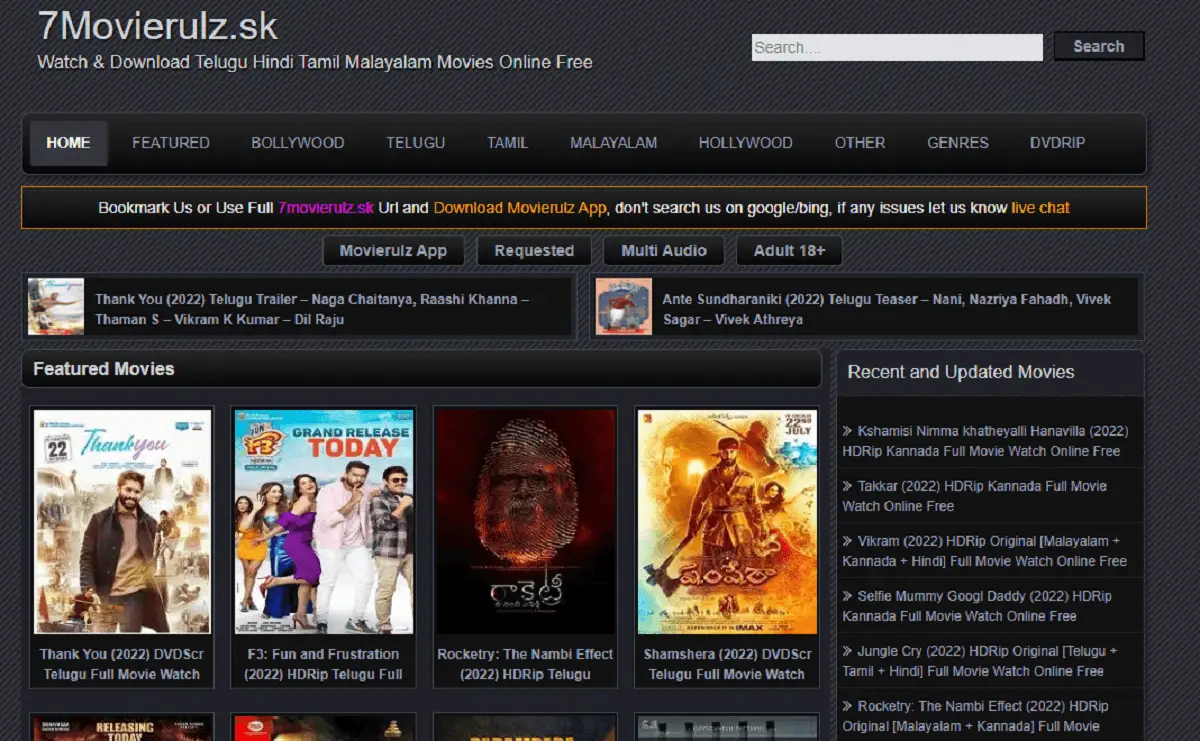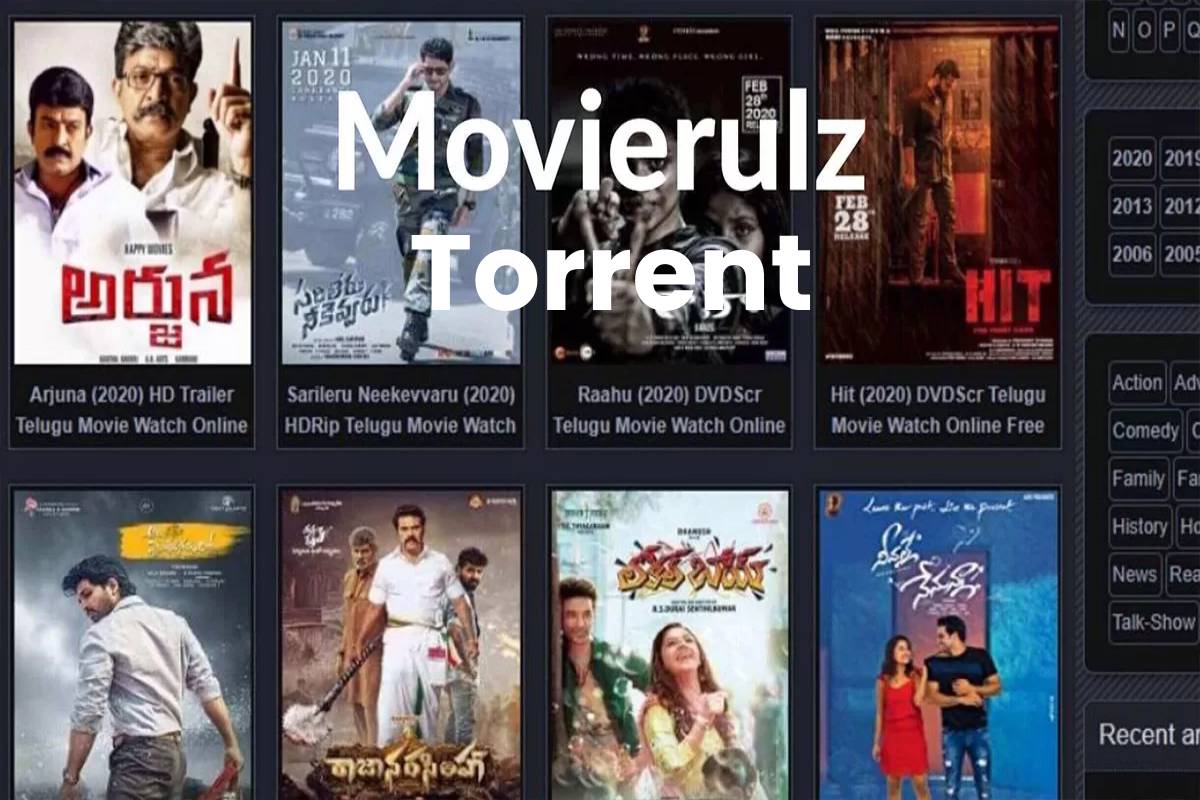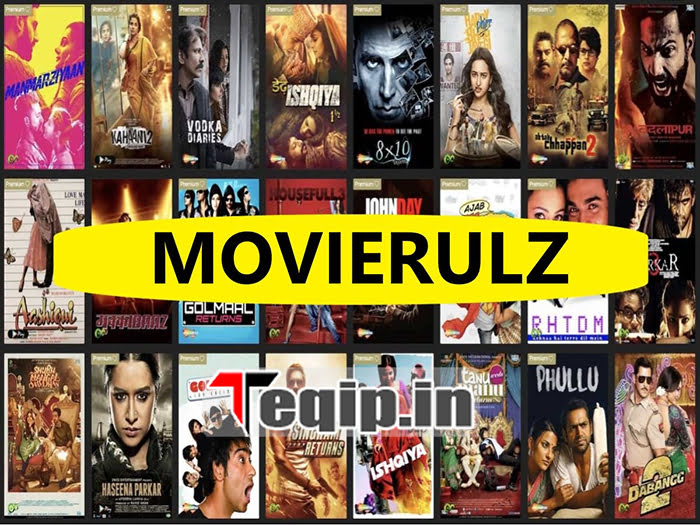Google Discover: No Results? Try Rephrasing Your Search!
Is the digital age failing us? The frustrating reality is that despite the exponential growth of information, we are increasingly met with walls of silence, with search engines and databases often yielding only empty promises when seeking answers.
The ubiquitous nature of search, once heralded as the key to unlocking all knowledge, now often leaves us staring at the digital equivalent of a blank canvas. The message is stark: "We did not find results for:". The weight of this failure falls squarely on the user, implying some failing in our ability to articulate our needs, to correctly spell a word, or to construct a query that is both specific and nuanced. The second half of this digital disappointment offers little solace: "Check spelling or type a new query." It's a passive-aggressive nudge, implying that the user is at fault, that their request is flawed, and that a simple correction will magically transform the void into a wealth of information. This, of course, is rarely the case.
Let's delve deeper into this phenomenon. The initial phrase, "We did not find results for:", is more than just a technical notification; it's a statement of profound disappointment. It marks the end of a potential journey, the closure of a path to knowledge, and the frustration of unmet expectations. Its a digital dead end, a cul-de-sac in the information superhighway. The underlying implication is that the information sought doesnt exist within the digital confines being queried, a denial of the users request, and a silent judgment on the subject of their interest.
- Icarly Joe Catania Behind The Scenes Relationships More
- Is Jay Leno Alive Debunking The Did Jay Leno Pass Away Rumors
The second part, "Check spelling or type a new query," is a common but often unhelpful suggestion. While it is true that typos can derail a search, this phrase tends to offer a simplistic solution to a complex problem. It implies that the user is the primary source of the issue, ignoring the possibility that the search engine's algorithms, the limitations of its database, or the very nature of the query might be the real obstacles. Moreover, it places the onus on the user to refine their search skills, often through trial and error, rather than suggesting improvements to the underlying systems.
Consider the implications. In an era when access to information is ostensibly democratized, encountering these messages can feel like a fundamental failure. It can undermine confidence in digital tools, especially for those who are less tech-savvy or those who may not have the skills or patience to constantly refine their search strategies. This phenomenon has wider societal consequences, affecting how we learn, make decisions, and navigate the world around us.
The frustration is not simply about the lack of immediate answers. The very act of searching, of seeking information, has become a complex process in itself. The user must formulate a query, choose the appropriate search engine or database, navigate the interface, assess the relevance of the results, and repeat the process if the initial attempts fail. Each stage can be a source of friction, especially when the ultimate outcome is, "We did not find results for:". This can lead to a sense of powerlessness, a feeling of being at the mercy of digital gatekeepers who control access to information.
- Joyymei On Tiktok Exploring Her Content Rise To Fame Latest News
- Charlie Hurts Salary Net Worth What You Need To Know
The problem is multifaceted. The sheer volume of information online is overwhelming. There is a vast digital ocean, and search engines must somehow navigate it to find relevant answers. This process is complicated by several factors: the variety of sources, the changing nature of the web, the varying quality of the data, and the constant struggle against misinformation and propaganda.
Furthermore, the algorithms that power search engines are proprietary and constantly evolving. While these algorithms aim to provide the most relevant results, their inner workings are often opaque to the average user. This lack of transparency can be problematic, especially when the algorithms are biased or flawed. The user is left relying on a black box, unable to understand why their search is failing.
The issue extends to the very nature of language. Natural language is inherently ambiguous and complex. People often use multiple words with similar meanings. Sometimes, the nuances of language can be lost in the translation between the users query and the search engines interpretation. For instance, a search for a historical figure might fail simply because the name is spelled slightly differently or because the preferred nomenclature has changed over time.
The problem is magnified when dealing with specialized information or emerging fields of study. If a database lacks content on a niche topic, or if the terms used in the search query are not present in the database, the user receives the disheartening, "We did not find results for:". It is a symptom of a larger problem the uneven and fragmented nature of digital knowledge.
The implication that the user is always at fault is also a point of contention. The phrase "Check spelling or type a new query" can become a source of frustration for people. It can be seen as a dismissive response that places the entire burden of solving the problem on the user. The user is forced to engage in a process of trial and error, refining their search, and learning through repeated failures.
The response can also be problematic in educational contexts. Students, researchers, and lifelong learners rely on search engines to access information. If a search engine persistently fails to provide results, it can stifle creativity, limit the scope of inquiry, and undermine confidence in the learning process. Furthermore, the emphasis on specific keywords, as opposed to conceptual understanding, can reinforce a narrow, transactional approach to knowledge.
The digital landscape, therefore, is not without its frustrations. It is a place where access to information is often complex, where the results are sometimes disappointing, and where the user can easily feel isolated. Overcoming these challenges requires more than just improved search skills or a better understanding of technology; it calls for a more nuanced approach to the creation, organization, and dissemination of information.
The phrase "We did not find results for:" underscores the limitations of the digital world. It serves as a reminder that the online world, while vast and ever-expanding, is not a perfect mirror of reality. It can be a reminder that our quest for knowledge, regardless of the tools we employ, can still lead us to moments of frustrating emptiness. To address these issues requires a multi-faceted approach. First, search engines can be improved to offer more intelligent suggestions, to better understand the nuances of language, and to provide feedback on why a search might be failing. Second, organizations and individuals can make a concerted effort to improve the quality and availability of information online. Third, we must foster critical thinking skills and encourage users to evaluate the information they encounter, regardless of its source.
Ultimately, the goal is to transform this digital disappointment into a more fruitful and rewarding experience. The quest for knowledge in the digital age must be a collaboration, not a confrontation. It needs to be an environment where technology empowers us, rather than leaving us with the digital emptiness of "We did not find results for:" and the suggestion to "Check spelling or type a new query."
| Category | Details |
|---|---|
| Keyword Term | "We did not find results for:" and "Check spelling or type a new query." |
| Part of Speech | Phrases acting as declarative statements/responses within digital interfaces. |
| Primary Function | To inform the user of search failure or request correction |
| Impact on User Experience | Can lead to frustration, feelings of inadequacy, or disengagement from the search process. |
| Underlying Issues | Problems with search algorithm, language processing, insufficient database information, or user query specificity. |
| Recommendations | Enhance search algorithms, improve user guidance, encourage accurate indexing of digital content, and cultivate users' critical thinking skills. |
| Digital Era Effect | Highlights the challenge of finding trusted, relevant data; and the complexities inherent in a world flooded with information. |
| Alternative Approaches | Offer more constructive feedback and suggestions to assist users. |
- Jameliz Benitez Smith Daisy Bloomss Bio Videos Latest Updates
- Website Issues Domain Insights Latest Details Mydesi More

The Ultimate Guide To 5 Movierulz 2025 Download Trends, Risks, And Alternatives

Movierulz 2025 Download Kannada Your Ultimate Guide To Legal And Safe Movie Downloads

The Ultimate Guide To 5 Movierulz 2025 Download Trends, Risks, And Alternatives